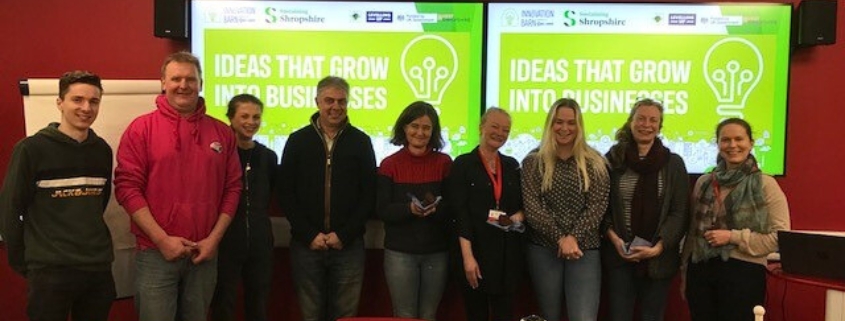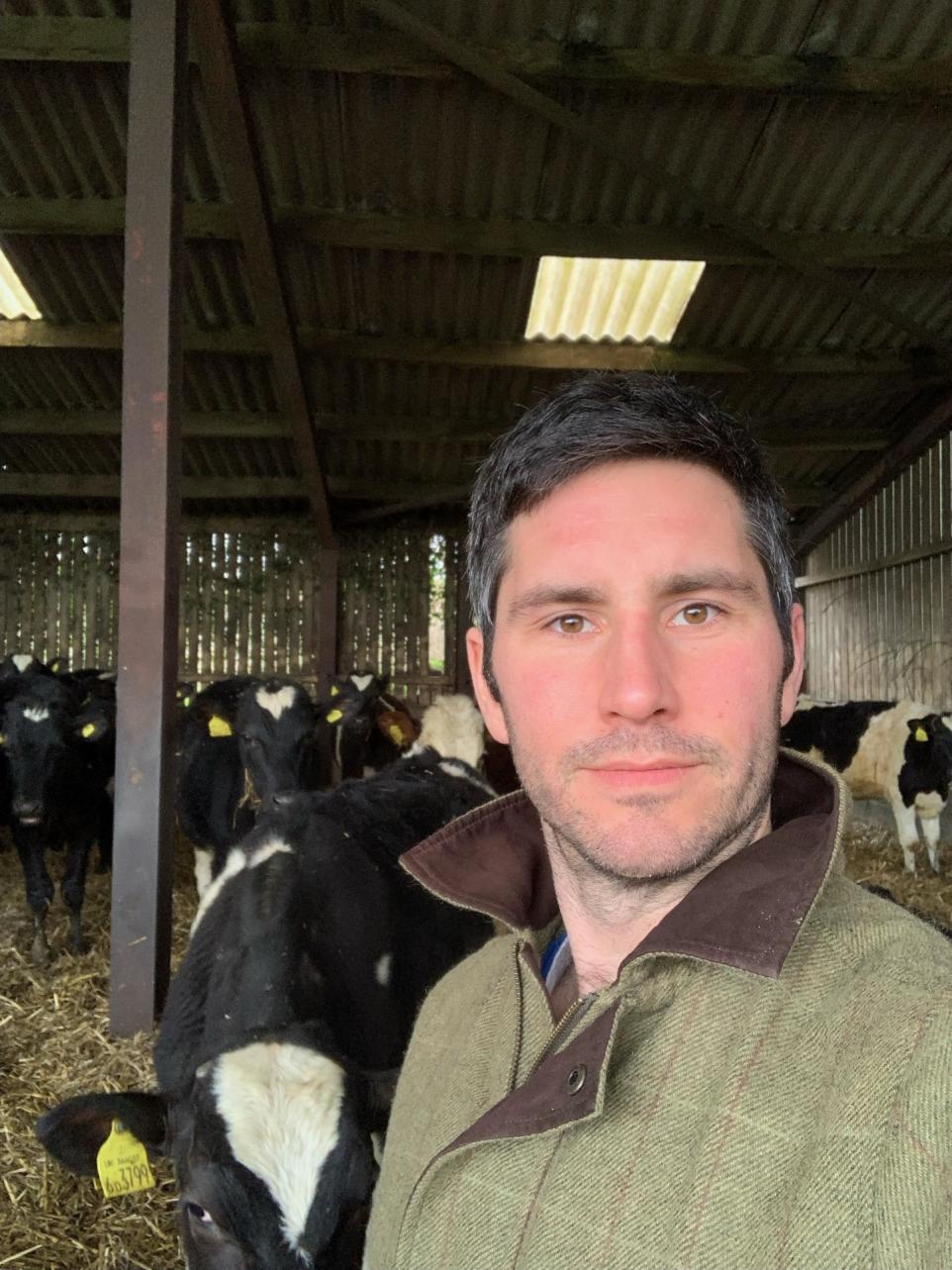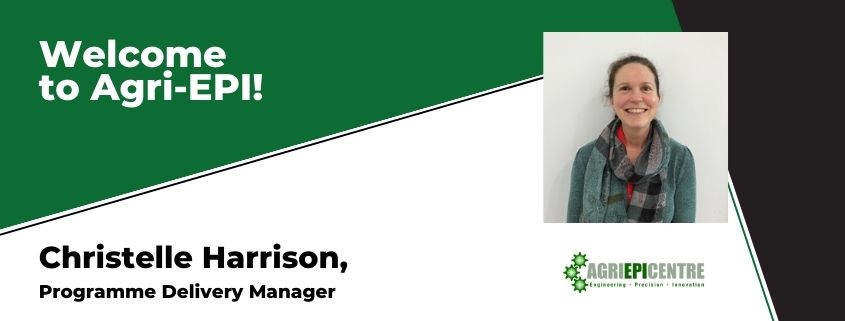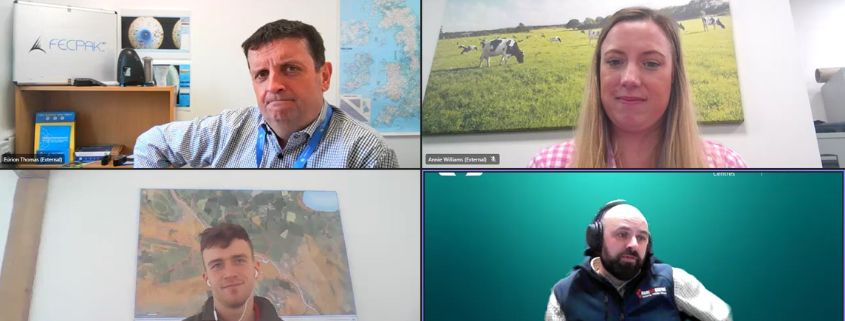Water sustainability and agriculture
In recognition of water saving week, Agri-EPI Centre’s Membership and Events Manager, Annabelle Gardner, spoke with member Grant Leslie, Co-founder and Chief Operations Officer of SEM Energy, an environmentally conscious sustainability partner in waste and water effluent treatment.
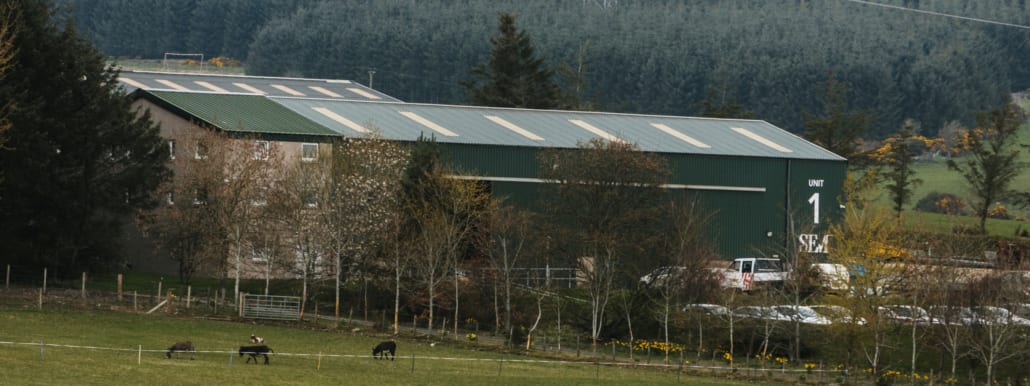
What does your company do?
We are an environmentally conscious sustainability partner in waste and water effluent treatment. Our team of scientists, engineers and technologists pioneer leading-edge technologies that process co-products from ‘waste’ streams and deliver innovative water treatment solutions.
Our goal is to:
- Reduce waste
- Maximise solid matter capture
- Save on haulage, storage and logistics costs
- Increase efficiencies
- Shrink the carbon footprint
What is your company vision?
A waste-free, circular economy in the future, securing our planet’s health and wealth for generations to come. We aim to minimise the impact of waste on the environment and, where possible, create value from its co-product waste streams and ensure compliance with discharge legislation.
Can you provide a case-study or example of the sustainable work you currently undertake in agriculture?
On-site conversion of agricultural animal slurry into organic horticulture products:
- Aim – a reduction in slurry waste handling (Our client’s slurry production totalled 32,000 tonnes per annum.)
- Method – using SEM technology to separate the liquid phase and de-water dry matter to create economically and socially valuable by-products
- Results: water safe to discharge to local watercourse; solids (4% of total volume) used as fertiliser locally; 23% saving in handling, storage and transport costs.
We have been working with a client for the past year, applying our ever-evolving range of technologies and solutions to reduce the handling of slurry waste. Our aim is two-fold: effective separation of the liquid phase for treatment and re-use, and substantial de-watering of the dry matter to create an optimised, valuable by-product which can be re-purposed as livestock bedding, biofuel, fertiliser or growth media.
We implemented our patented MDM technology, which mechanically removes the liquid phase from slurries. It’s so effective that it also captures micro-solids as small as colloidal particles.
We integrated this with our I-DAF unit. An intelligent and autonomous upgrade to most DAF systems on the market today, it’s designed to maximise the removal of: total suspended solids (TSS); biochemical oxygen demand (BOD); chemical oxygen demand (COD) and heavy metals.
Sticking to our environmental guns, we used plant-based coagulant, flocculant and pH correction products that are automatically dosed, based on built in instrumentation readings. This ensured both homogenous, reliable performance and minimal chemical usage. The biodegradable formulations minimise environmental impact, whichever sludge disposal route chosen.
In order to ensure maximum nutrient capture and transfer from the liquid phase into the solids, we used another patented technology of ours – DRAM Filtration – to remove nutrients and heavy metals. DRAM utilises an organic matrix, over 99% of which is comprised of an existing and sustainable, agriculturally produced, grain-based, waste co-product from alcohol distillation.
The filtration process works through sorption, and readily sorbs ammonium nitrate and phosphorous. Combined with an additional proprietary reagent (DRAM+) which provides potassium, these form the essential fertilising elements.
Can you give an example of one of your technologies that focuses on water saving and water sustainability?
H2OPE – our flagship product for the agricultural market:
- Removes volatile contaminants and de-waters
- Optimises valuable ingrained nutrients
- Remaining solid matter can be pelletised for use as fertiliser or as a nutritionally balanced growth media
The environmental benefits:
- Reduction in application of nutrient rich liquids to agricultural land
- Decrease in diffuse pollution of waterways due to agricultural run-off
- Reduced carbon impact due to reduction in transport of slurries off-site
- Significant reduction in the carbon generated by the manufacture of fertiliser
The social benefits:
- Fewer greenhouse gases
- Effluents can be treated on-site
- Economic savings, as one of the by-products is steam, which can be used for on-site energy generation and distilled water.
- Less odour emissions
Can you describe the significance of water sustainability in the agricultural industry?
Our goal is always to clean water well enough for re-use and re-purpose at source, whether that is for washdown water or perhaps irrigation. An absolute must for us, this aligns not only with our aims, but those of the United Nations 17 Sustainable Goals.
The sector has been, and will continue to be, paramount to the global economy. By protecting our ecosystems from potentially harmful co-products, we are sustaining not just the agriculture industry, but also the evolution of a circular economy.

